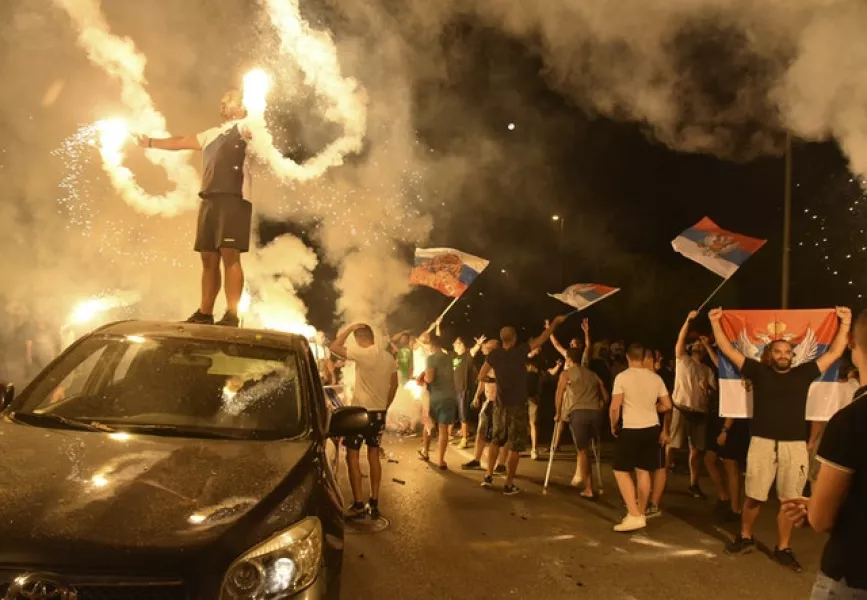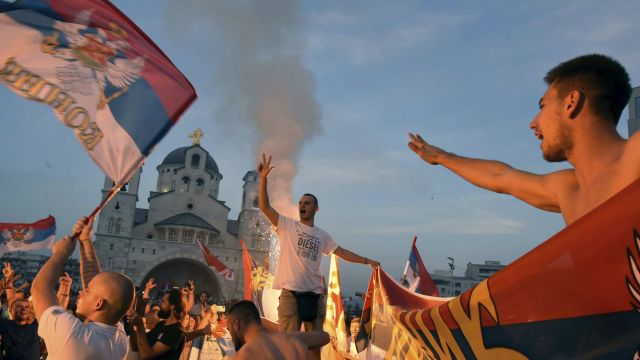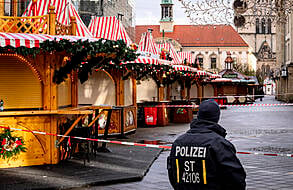The long-ruling Democratic Party of Socialists won the most votes in Sunday’s balloting — around 35% — according to the preliminary official results, but a coalition of three opposition groupings said they have enough support to form the next government.
The main opposition alliance, For the Future of Montenegro, won nearly 33% of the vote, according to the state election authorities. Two other opposition groups came next with around 12% and 5% respectively.
They were followed by smaller parties and those run by ethnic minorities, according to the complete vote tally.

It is unclear when the final distribution of seats in the 81-member parliament will be announced, but it is clear the governing majority could be very slim. Montenegro’s opposition parties have already declared victory.
The DPS party’s leader, President Milo Djukanovic, has been a key Western ally in pushing the volatile Balkans towards Euro-Atlantic integration. He defied Russia in 2017 to lead his country into Nato after gaining independence from Serbia in 2006.
There have been fears that an opposition-led government would mean a change in Montenegro’s pro-Western policy and a turn away from Nato towards traditional allies Serbia and Russia.
The opposition leaders sought to alleviate those fears on Monday. They said they want to unify the divided nation by forming an expert government that would respect all international agreements and stay the reform course towards membership of the European Union.
Known as the longest-serving European leader, Mr Djukanovic has faced accusations of corruption, autocracy and criminal links.

The election on Sunday was marked by a dispute over a law on religious rights that is staunchly opposed by the influential Serbian Orthodox Church. The issue has fuelled divisions in the nation of 620,000 people that is split over relations with the West and traditional Slavic allies Serbia and Russia.
For the Future of Montenegro has advocated stronger ties with Serbia and Russia, and backed church-led protests against the religion bill. A more moderate group and a smaller, liberal party are likely future coalition partners.
Carrying Montenegrin and Serbian flags, the pro-Serb supporters gathered outside the main church in the capital Podgorica and drove around the city in their cars, honking horns and shouting slogans against Mr Djukanovic.
He said late on Sunday that his party was ready to acknowledge any election outcome. He expressed hope that the future government will keep Montenegro on the path towards joining the EU.
International observers from Organisation for Security and Co-operation in Europe said on Monday that “while Montenegro’s parliamentary elections were managed transparently and efficiently, the widespread abuse of office and state resources gave the ruling party an undue advantage against the backdrop of an intensely polarised debate over issues of church and national identity”.







